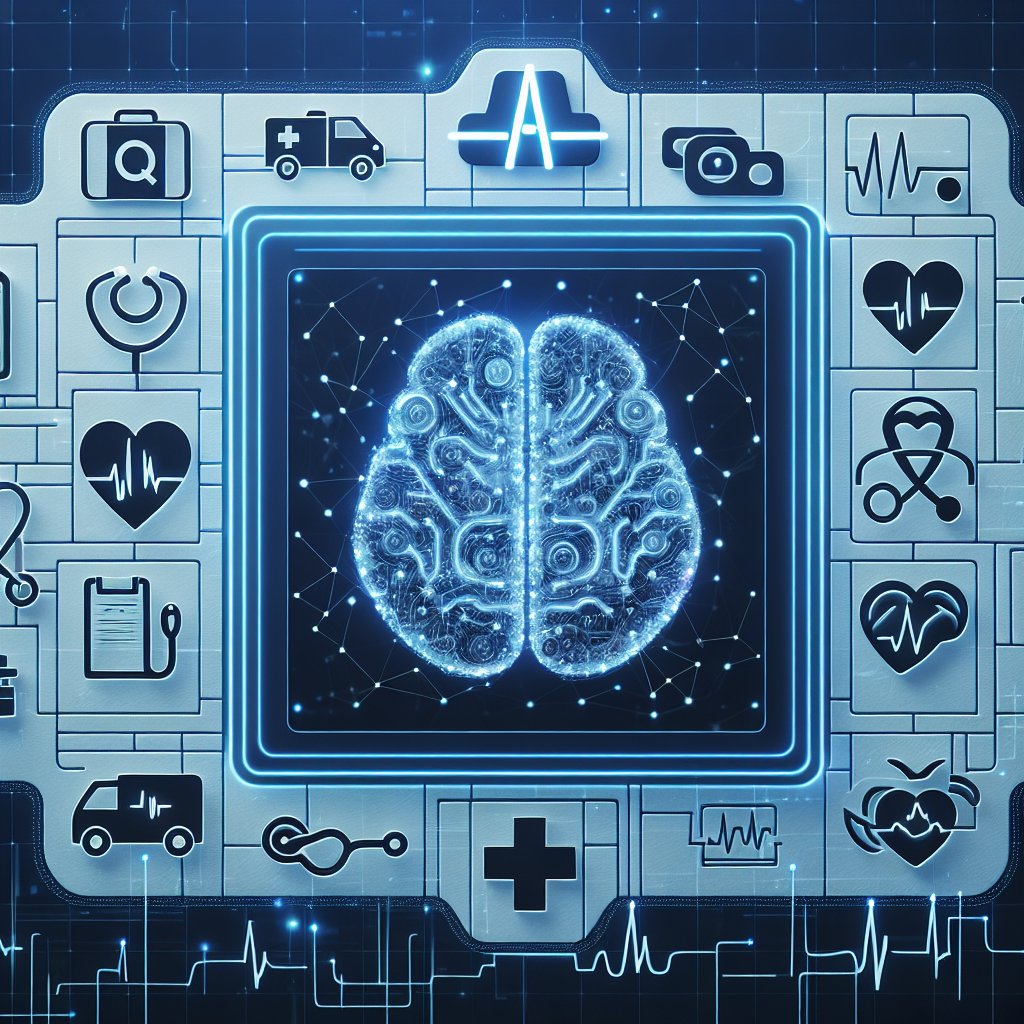The Impact of AI on Healthcare Delivery: Enhancing Patient Care and Outcomes
Artificial Intelligence (AI) has been making significant strides in various industries, including healthcare. The adoption of AI technologies in healthcare has the potential to revolutionize the way patient care is delivered, leading to improved outcomes and better overall patient experiences. From diagnostics to treatment planning to personalized medicine, AI has the ability to enhance every aspect of healthcare delivery.
One of the key ways in which AI is transforming healthcare delivery is through its ability to analyze vast amounts of data quickly and accurately. AI algorithms can sift through patient records, lab results, and other data to identify patterns and trends that human clinicians may overlook. This allows for earlier detection of diseases, more accurate diagnoses, and more personalized treatment plans for patients.
AI can also help streamline administrative tasks in healthcare settings, freeing up healthcare professionals to focus more on direct patient care. By automating tasks such as scheduling appointments, processing insurance claims, and managing medical records, AI can reduce the administrative burden on healthcare providers and improve overall efficiency in healthcare delivery.
Furthermore, AI-powered tools such as chatbots and virtual assistants can provide patients with personalized health information and support, improving patient engagement and adherence to treatment plans. These tools can also help patients navigate complex healthcare systems and access care more easily, leading to better health outcomes in the long run.
In addition, AI is playing a crucial role in the development of precision medicine, which aims to tailor medical treatment to individual patients based on their unique genetic makeup, lifestyle, and environmental factors. AI algorithms can analyze large datasets of genetic and clinical information to identify the most effective treatment options for individual patients, leading to better outcomes and fewer adverse effects.
Overall, the impact of AI on healthcare delivery is clear: it has the potential to enhance patient care and outcomes in numerous ways. By harnessing the power of AI technologies, healthcare providers can improve efficiency, accuracy, and patient satisfaction, ultimately leading to better health outcomes for individuals and populations alike.
FAQs:
Q: How is AI being used in diagnostics and treatment planning in healthcare?
A: AI algorithms are being used to analyze medical images, such as X-rays and MRIs, to detect abnormalities and diagnose diseases earlier and more accurately. AI can also help healthcare providers develop personalized treatment plans for individual patients based on their unique health data and medical history.
Q: How can AI improve patient engagement and adherence to treatment plans?
A: AI-powered tools such as chatbots and virtual assistants can provide patients with personalized health information and support, helping them stay engaged with their treatment plans and adhere to medical recommendations. These tools can also help patients navigate complex healthcare systems and access care more easily, leading to better health outcomes in the long run.
Q: What are some challenges of implementing AI in healthcare delivery?
A: Some challenges of implementing AI in healthcare delivery include concerns about data privacy and security, the need for regulatory oversight and standards, and the potential for bias in AI algorithms. Healthcare providers must address these challenges to ensure that AI technologies are used ethically and effectively to improve patient care and outcomes.

